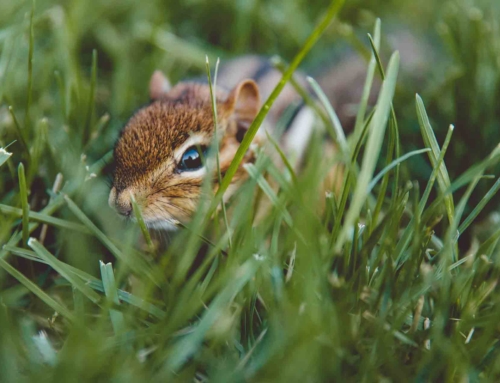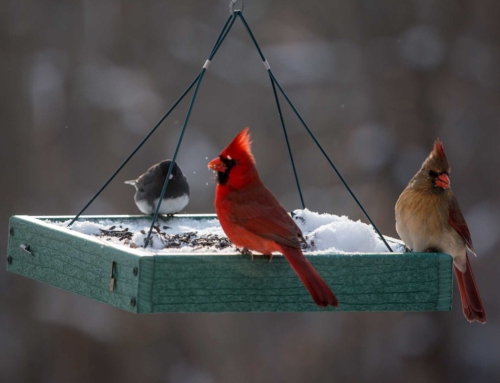Bees Are Our Business, Too
Disclosure: This post may contain affiliate links
Taking the food source produced and needed by another species just because we happen to like it isn't justified – even from insects.

What's in this post
Share This Story!
Bees Are Our Business, Too
By Linden Mackey, Guest Contributor
When I was first exploring veganism, honey was the one substance raising at least a point of conflict between some vegans, presumably both because honey is a by-product of bees (vis-a-vis eating the bees themselves), and because bees are insects (and a step or two below mammals or fish in most people’s minds of deserving consideration).I didn’t believe even for a minute that honey really was something vegans would consume, despite debate. The by-product aspect isn’t valid – as has been pointed out by others, honey is just the insect’s form of dairy. And taking the food source produced and needed by another species just because we happen to like it isn’t justified – even from insects.
One reason I really like the below definition of veganism from Donald Watson is that he sums up everything very concisely and brings this practice back to what I consider the most compelling aspect: avoiding exploitation of all members of the animal kingdom without regard to size, or type or species.
Veganism is a way of living which excludes all forms of exploitation of, and cruelty to, the animal kingdom, and includes a reverence for life. It applies to the practice of living on the products of the plant kingdom to the exclusion of flesh, fish, fowl, eggs, honey, animal milk and its derivatives, and encourages the use of alternatives for all commodities derived wholly or in part from animals. (Donald Watson, 1944)
I recently watched The Vanishing of the Bees , a documentary by Maryam Henein and George Langworthy, and was taken aback by how little I knew about the beekeeping business – the majority of which is industrialized for use in the pollenization of crops.
I was disgusted to learn that most honey bees raised today travel long distances to pollinate crops, are packed onto flatbed trucks, are fed sugar water or corn syrup instead of being able to forage for their normal diet of nectar and pollen, and suffer high levels of stress and death. Other practices include artificial insemination of the queen bee and other methods to manipulate the natural cycle of colony splitting for hive health. The bees are subject to the same exploitative treatment as factory-farmed animals produced for human consumption: unnatural habitation, diet, and purpose of life.
Vegans can find themselves somewhat complicit, since, after all, we may eat the fruits and vegetables produced by these efforts – but that doesn’t mean the current method of industrialized pollenization is right or should continue.
Perhaps the answer is creating and establishing habitats that encourage native bee populations, rather than monocrop farming in areas that not only require man-controlled pollenization efforts, but usually other environmentally unsound accommodations (irrigation, use of pesticides, etc.). Perhaps it’s recognizing that we don’t have to produce in super-abundance everything we want, ignoring the high cost to our fellow beings and planet. Perhaps it just begins with the realization that being human doesn’t mean we get to take whatever we want from other species at any cost.
Photo credit: Gwen Harlow





